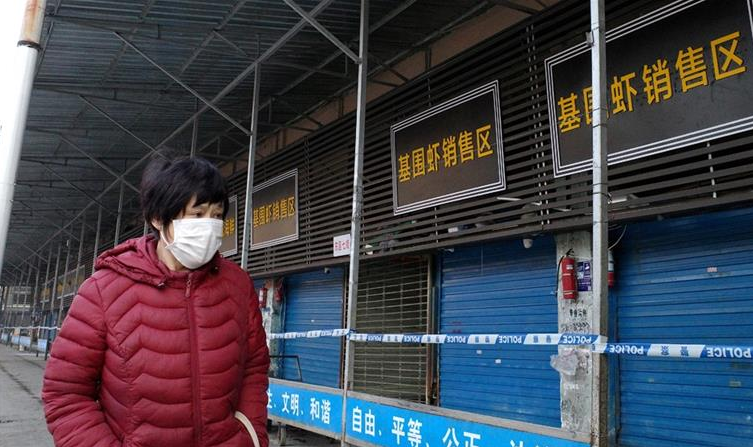The coronavirus has infected more than 20.000 people and killed more than 400 people in China alone. China’s death toll now exceeds the number of people who died in the country from SARS, a respiratory virus that killed nearly 350 people in the country in the early 2000s – as well as hundreds more beyond.
This has put pressure on China’s equity markets, however, and according to Matthews Asia CIO Robert Horrocks, PhD, and Investment Strategist Andy Rothman, both of which lived in Shanghai during the SARS (severe acute respiratory syndrome) outbreak that was responsible over 8,000 people contracting the virus and causing 774 deaths worldwide: “All of that plays to headlines and the impact on share prices is consequently exaggerated… While we do not underestimate the potential severity of the outbreak, and it is possible that the numbers of cases increase in the near term, we are encouraged by the response and transparency shown by the Chinese authorities.”
Horrocks believes that in number of cases, is probably likely to peak in March or April. “As I understand it, the more virulent the virus, the quicker it burns out. That is why the comparatively less aggressive common influenza causes much more damage.” To put those numbers in context, the CDC estimates that so far during the 2019-2020 influenza season, there have been at least 15 million flu illnesses, 140,000 hospitalizations and 8,200 deaths from flu.
As he points out, some workers will be out sick days and some will succumb to the disease. “However, as was the case with SARS, beyond the effect on a quarter or two of earnings for some businesses, the overall effects will be hard, if not impossible, to spot in the data… I can only say that my experience, when I lived through SARS first hand, tells me to eat well, stay active, and importantly, stay calm.” in his opinion, the impact of SARS on China’s GDP is hard to find. If you look for the impact on the stock markets, it was brief.”
Rothman believes that “After the initial stumble, the central government has taken strong measures, including quarantining several major cities, in an effort to reduce disease transmission and demonstrate resolve… It is also worth noting that past epidemics, as well as the consequences of a major earthquake, led the Chinese government to boost spending on public health infrastructure, which should make it easier to manage the Wuhan outbreak.”

Matthews Asia’s specialists looked back at the economic impact of the 2002/03 SARS outbreak and the 2005/06 bird flu epidemic, and found that while there was significant short-term economic impact, that impact faded quickly. There also wasn’t much impact on the Shanghai stock market.

“If the Wuhan Coronavirus can be brought under control in a similar timeframe as SARS was tamed, I expect the negative economic impact will be modest over the course of the full year.” Rothman concludes.
